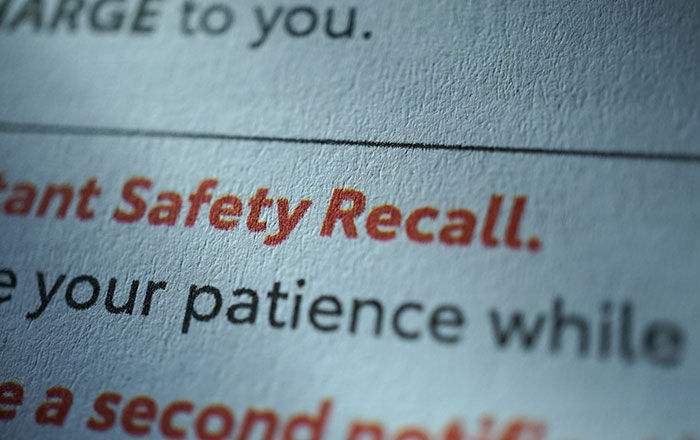Tardive Dyskinesia
Tardive dyskinesia is an incurable condition that potentially can be fatal. Tardive dyskinesia is a side effect of long-term or high-dose use of dangerous drugs containing metoclopramide. These drugs are meant to help with gastrointestinal disorders and metoclopramide is used to help the emptying of the stomach in patients with damaged nerves. Damaged nerves interfere with the muscles of the stomach and delay their function to empty the stomach of meals into the intestines. This may result in vomiting and nausea.
Dangerous drugs like Reglan are used to help the stomach muscles function properly and are used to treat patients with:
- Reflux
- Heartburn
- Loss of appetite
- Gastroparesis
- Feeling full after meals
Reglan is not meant for long-term treatment. The Food and Drug Administration (FDA) has only approved Reglan for short-term use lasting no longer than three months. The FDA also strongly suggests that Reglan only be used after other treatments have been tried and failed.
Tardive dyskinesia may not be reversible after a patient has started showing signs of symptoms. Tardive dyskinesia may become permanent the longer a patient uses the drugs and if high doses were taken.
Even with all the FDA warnings and restrictions for use, more than two million patients in the United States continue to be treated with Reglan and other dangerous drugs for long-term use and at high doses.
What is Tardive Dyskinesia?
Uncontrollable, tic-like movements typically in the face, tongue, and cheeks characterize tardive dyskinesia. The muscles in the limbs, torso, shoulders, hips, fingers, and toes may also be subject to involuntary movements, but this is less common.
Tardive dyskinesia may develop and the symptoms may persist long after a patient has halted use of the dangerous drugs that cause the condition. There is no cure for tardive dyskinesia and the only treatment available is prevention or stopping the use the drugs that cause the condition.
Symptoms of Tardive Dyskinesia
Symptoms of tardive dyskinesia include:
- Lip smacking
- Protruding of the tongue
- Pursing or puckering of the lips
- Rapid blinking of the eyes
- Grimacing
Tardive dyskinesia patients suffer from the inability to control their movements. These patients have uncontrollable, involuntary movement of certain muscle groups. The frequency of the movements indicates the level of the condition’s severity. The symptoms seem to worsen as the patient tries to relax. The symptoms may be non-existent while the patient is sleeping.
If you or someone you love is suffering from tardive dyskinesia from the use of medications such as Reglan, please contact our dangerous drug lawyers in South Carolina today. We help clients in and around the Camden, Sumter, Lexington, Newberry, Orangeburg, and Columbia, South Carolina areas, get the compensation they are entitled to for pain and suffering.
For immediate help, call today at 888-353-5513.

















